8 Interesting and Fun Facts about Axolotls
Axolotls, scientific name Ambystoma mexicanum, are small amphibians with some remarkable qualities. In fact, they might even be as fascinating as octopuses! Want to know more? Here are some fun facts about axolotls.

8 Axolotl Fun Facts
1. They’re Named After an Aztec God
Xolotl was the Aztec god of fire, lightning, and death. The Aztecs believed he transformed himself into an axolotl to evade capture from the other gods.
2. Axolotls Never Grow Up
Axolotls never move past their larval stage, an occurence known as neoteny, explaining their very youthful and rather unusual appearance! Instead of undergoing metamorphosis, developing lungs and legs so they can be on land, they instead retain their gills and only live in water.

3. They Don’t Have Teeth
How do they eat without teeth, you may ask? They suck in their food, a bit like a vacuum cleaner! Axolotls are carnivores, eating food such as tiny fish, worms, and insects.
4. Lost a Limb? No Problem
Perhaps the most interesting fact about axolotls is that they can regenerate lost and damaged limbs, skin, lung tissue, spinal cords, parts of their hearts and brains. This has made them truly fascinating to scientists, who are keen to find out how they can regrow parts of themselves in a short space of time without scarring.
5. Dancing is Involved in Mating
The male and female dance in a circular fashion while mating. There’s also plenty of tail-shaking!

6. Babies Raise Themselves
After the eggs are laid, that’s the extent of the parental involvement! The eggs hatch after a couple of weeks, and the axolotl are on their own, living independently from the get-go.
7. Captive Axolotls are a Different Color
Usually brown or gray in the wild, those kept in captivity as pets are usually white and pink. This change in color is due to a genetic mutation caused by being bred in captivity.
8. They Only Live in One Part of the World
There are many axolotls living in captivity around the world, however, the only axolotls found in the wild live in one part of Mexico. Urbanization and water pollution, plus the introduction of predatory species such as tilapia and carp, have greatly reduced the numbers of surviving axolotls and have reduced their habitat to a few inland canals near Lake Xochimilco.
The IUCN Red List of Threatened Species assessed them as being critically endangered, with an estimated 50-1000 individuals left in the wild.
We hope you enjoyed learning some fun facts about axolotls. Add this cute creature to your home and closet with our Axolotl Collection. For every order, we'll fund the planting of trees and make a donation to environmental non profits.

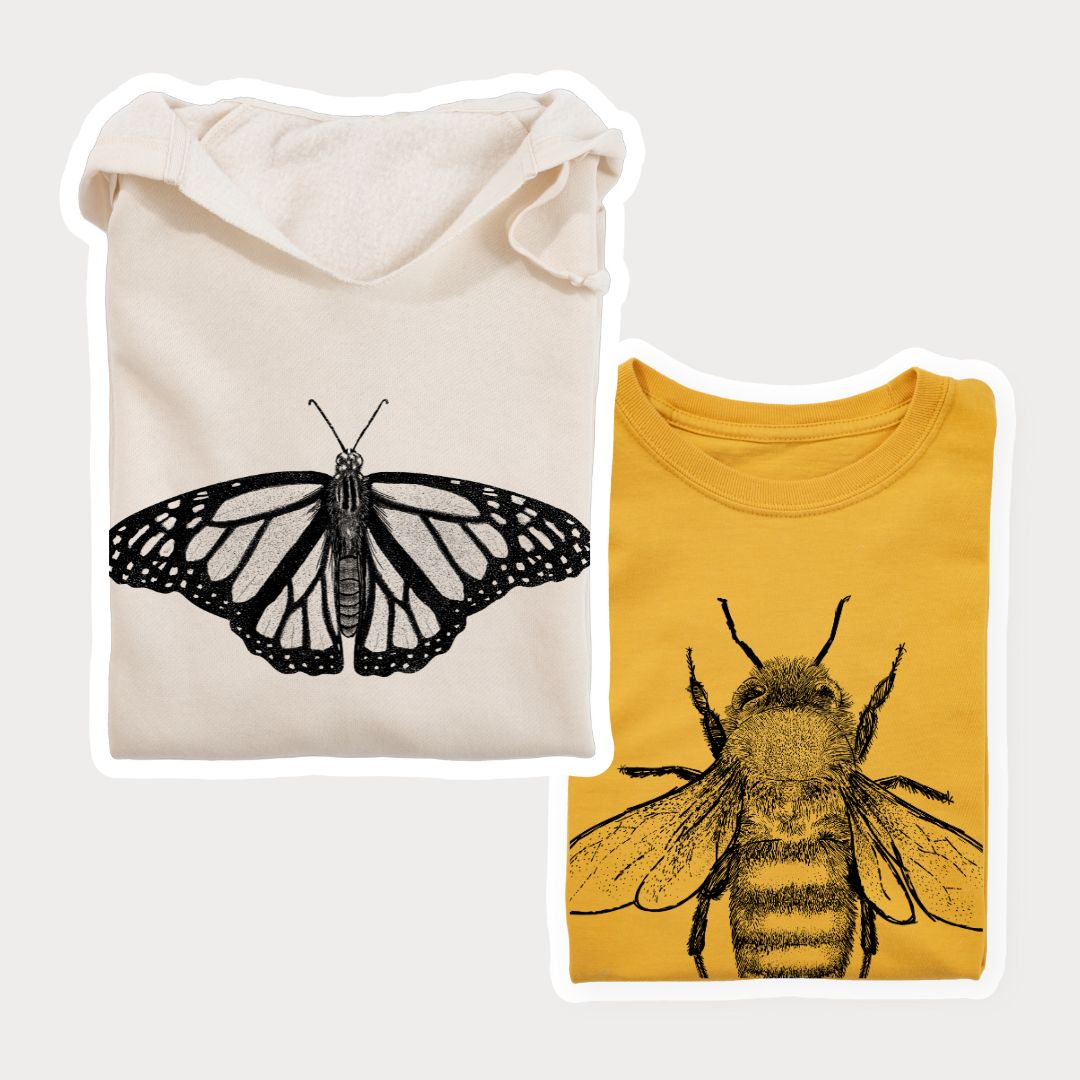


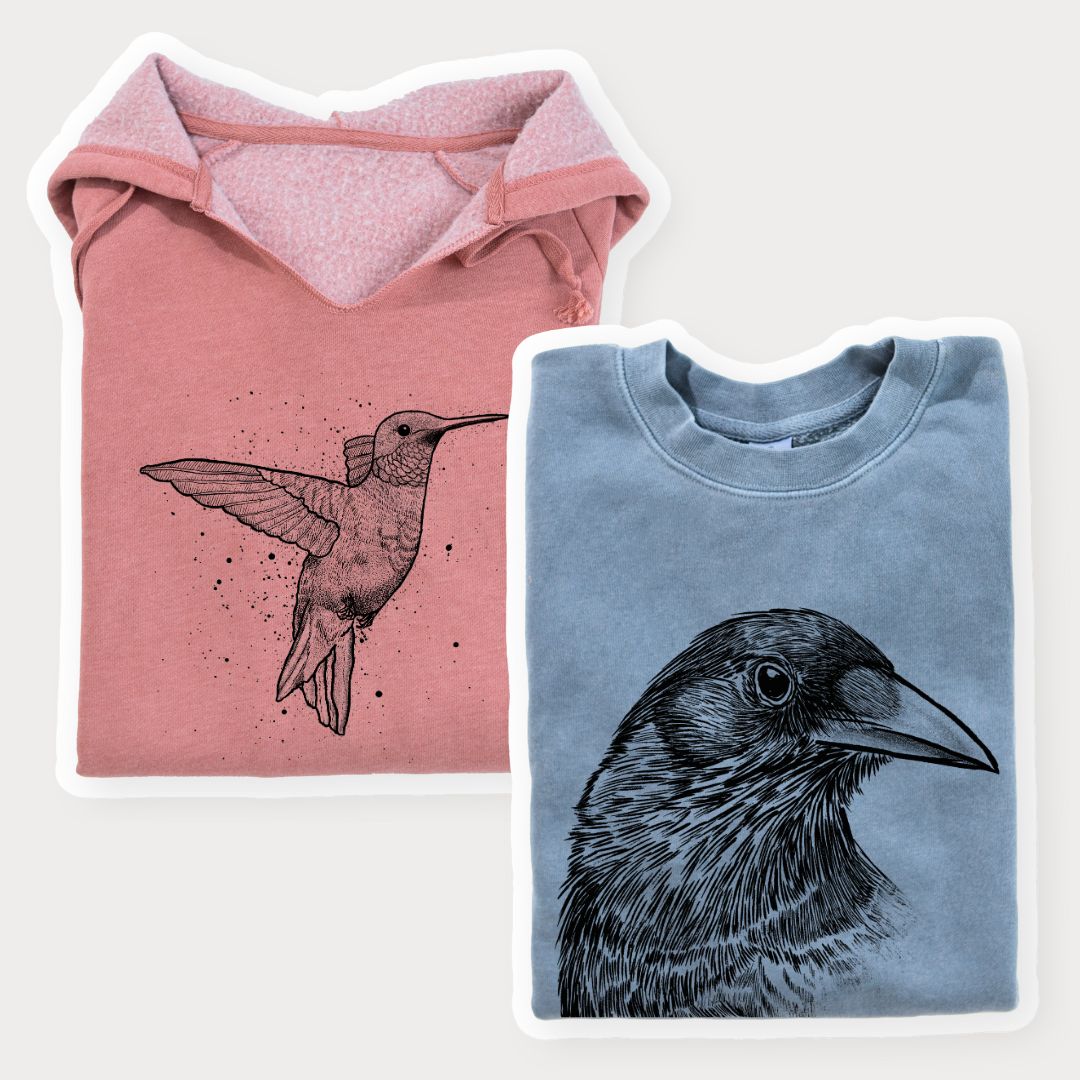




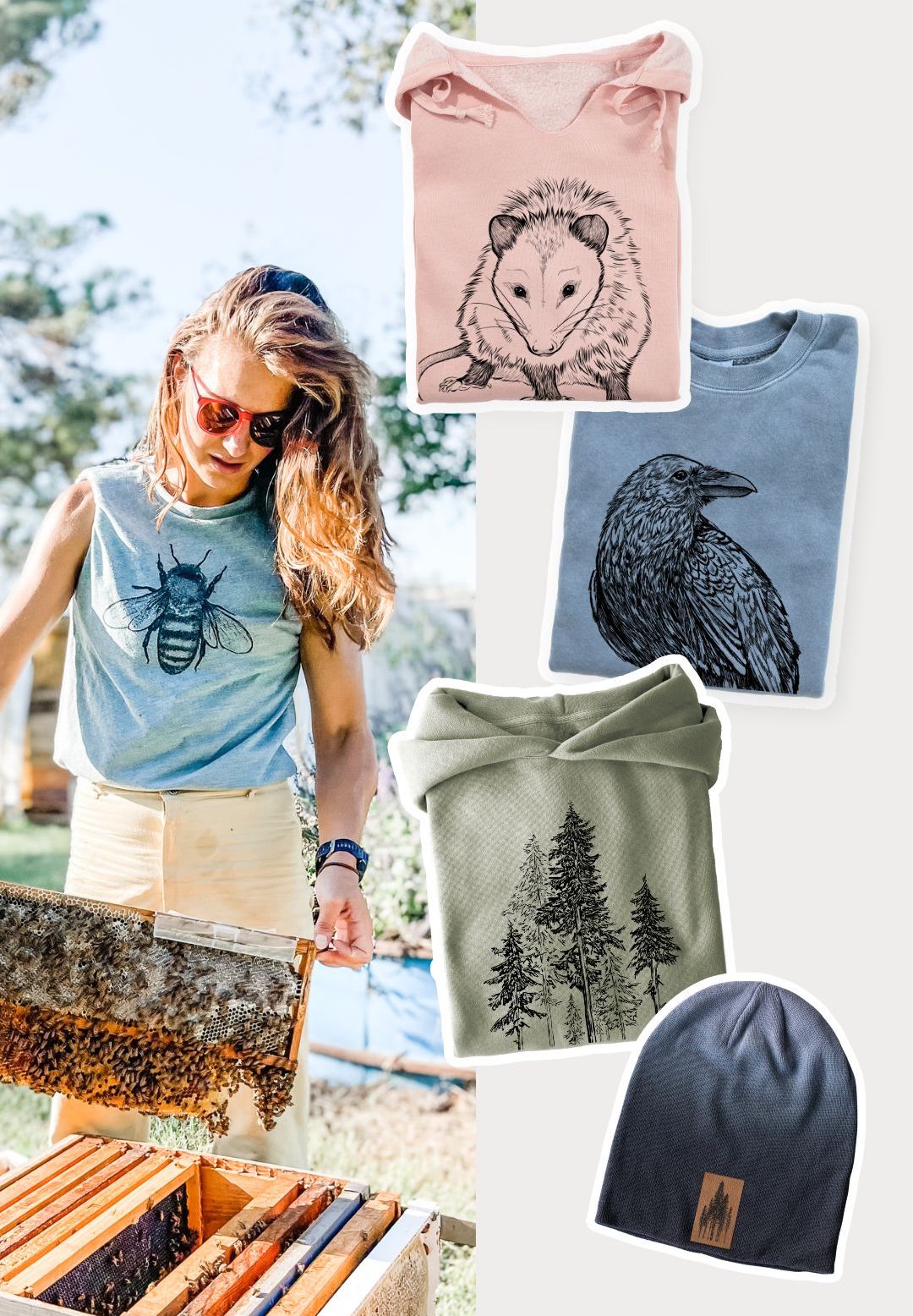

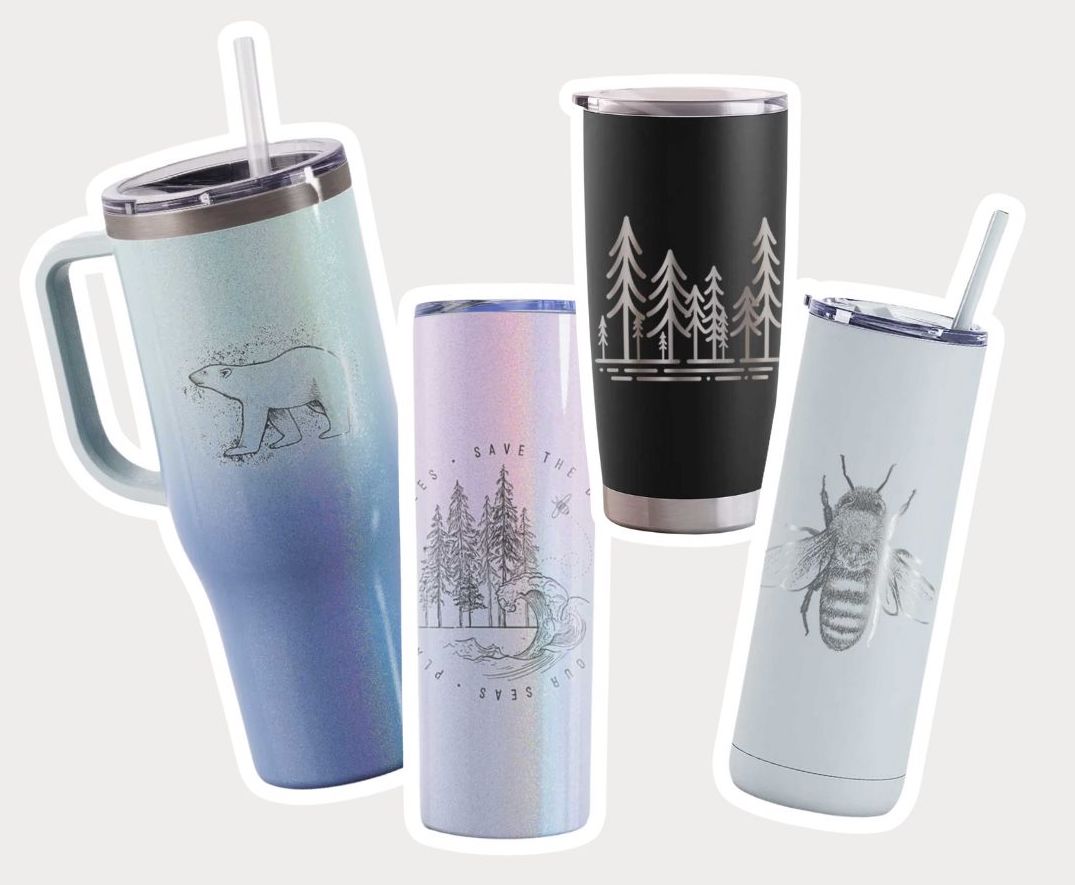




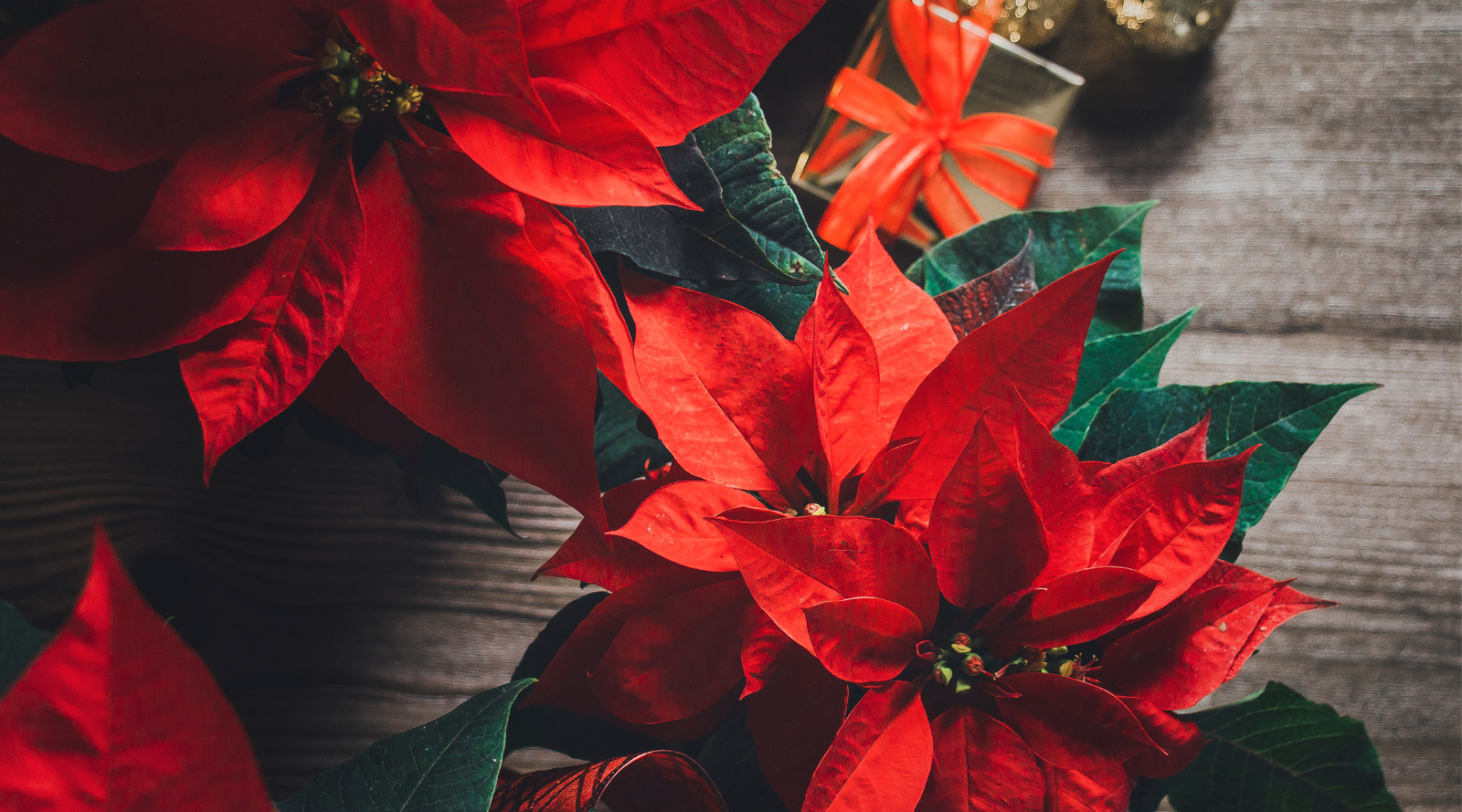

Leave a comment (all fields required)